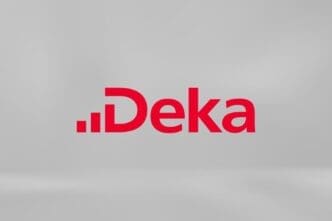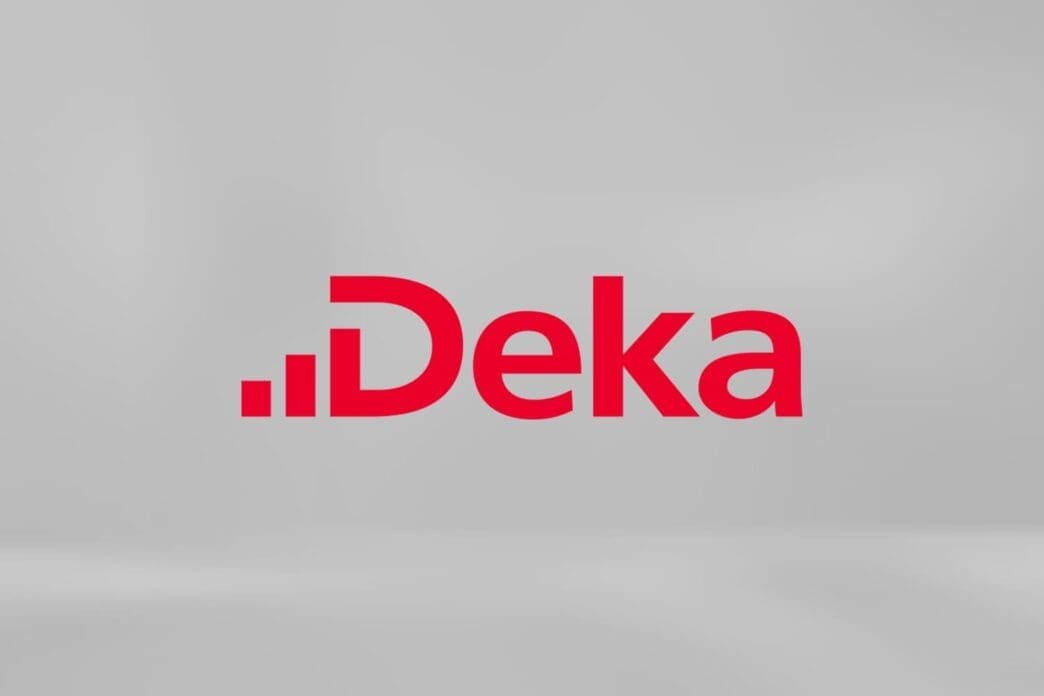Siemens is facing a significant challenge as its shareholder, Deka Investment, declares its opposition to the reelection of Jim Hagemann Snabe as chairman. The announcement, made ahead of the company’s shareholder meeting, highlights concerns about Snabe’s long tenure on the supervisory board, which Deka argues compromises his independence.
Jim Hagemann Snabe has been part of Siemens’ supervisory board since 2013, taking on the role of chairman in 2018. Despite plans to extend his leadership for another two years, Deka, a major investor with a 0.79% stake, has voiced its dissent. Ingo Speich, head of sustainability and corporate governance at Deka, cited that according to their guidelines, Snabe’s prolonged tenure diminishes his independence, a critical aspect for his role.
Deka’s stance is not unanticipated—Ingo Speich mentioned they had communicated their concerns to Snabe over the past two years. The company’s decision to oppose Snabe’s reelection underscores the desire for a dynamic leadership approach amidst evolving corporate governance standards.
Snabe, a former chief executive of SAP, responded to these concerns by expressing his intention to remain as chairman, citing positive feedback from various investors and proxy advisors. He has engaged in preliminary discussions to secure backing for his extended term, highlighting a general consensus that his continued leadership is beneficial for Siemens.
As Siemens prepares for its shareholder meeting, speculation arises over potential successors. Mark Schneider, formerly of Nestle and Fresenius, emerges as a strong contender, poised for election to the board. This leadership decision is pivotal as Siemens navigates strategic agendas and market challenges.
The forthcoming Siemens shareholder meeting will be a definitive moment as stakeholders deliberate Jim Hagemann Snabe’s future. Deka’s opposition introduces a critical dialogue on leadership independence and strategic direction, setting the stage for potential shifts in Siemens’ executive landscape.







